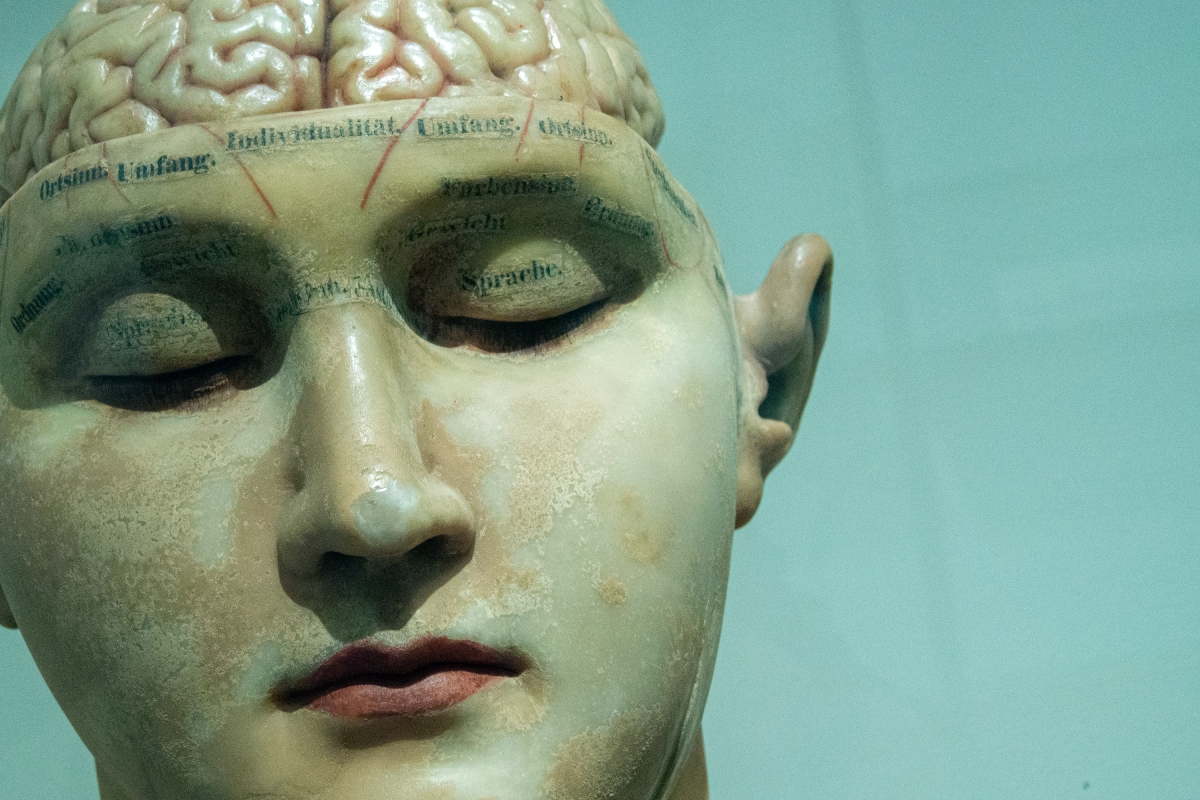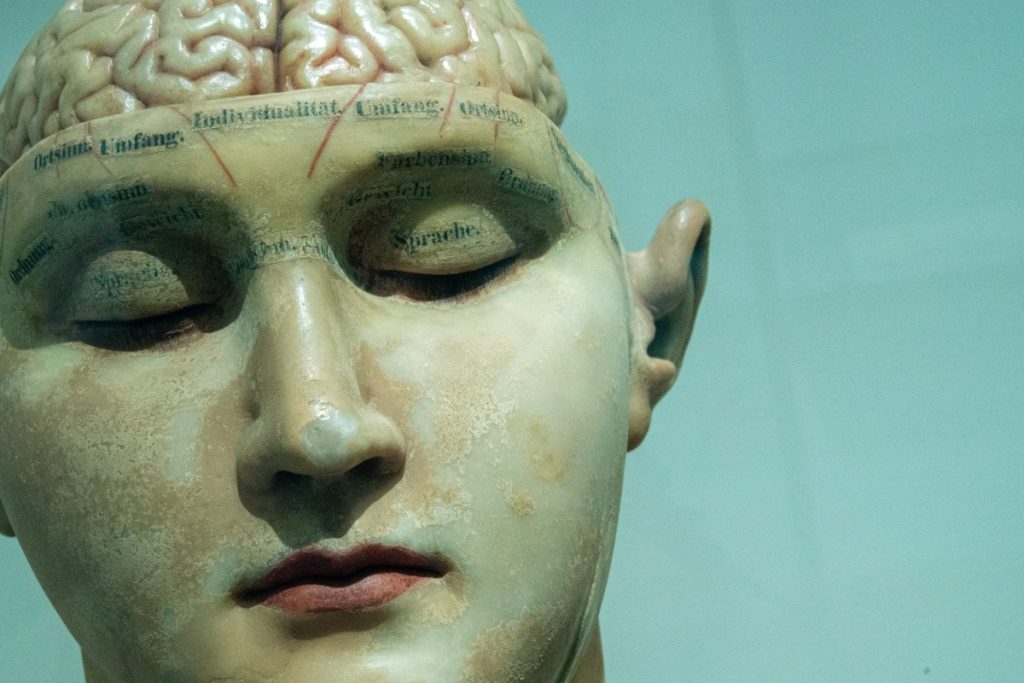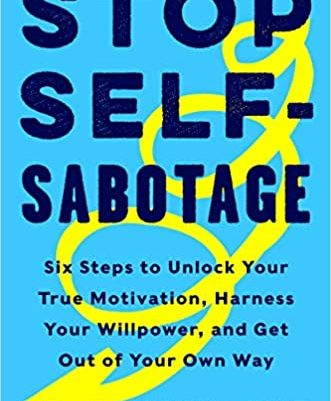
Self-Sabotage

How do you get out of your head?
The Retune Blog - 9th June 2023
So reading the title you might be wondering where this is going! And, yes, hopefully you’ve guessed it, it is referring to getting out of your head in terms of overthinking rather than drugs or alcohol!
Overthinking is a strange thing. Recently I’ve found myself saying a board has got in my head, when not being able to break it at taekwondo. Obviously the board can’t get in my head, but somehow I start overthinking about what I’m doing and find myself not breaking it when I kick it even though I know I can. And one of the ways we know we are overthinking is through something expressed Abe Parker’s Self-Sabotage:
There’s a voice saying I’m a failure … Telling yourself you won’t make it.
We all have times when the voice inside our head introduces doubt to what we are about to do. And it doesn’t take much to plant that seed of doubt, and for that seed of doubt to grow into full blown self-sabotage through overthinking. As the song expresses, this is part of our common human experience:
… second nature is to second guess.
So, what can we do? Well the good news is that we can all become better at stopping ourselves from self-sabotaging and overthinking. First we have to tune into our thinking. In the book Stop Self-Sabotage (see our book of the week review below), Ho suggests thinking patterns we might try to identify come in lots of different forms such as; overgeneralization, catastrophizing, should-based thinking (focusing on how things should-be rather than are), black and white thinking, mind reading, playing down the positives, and personalisation (measuring ourselves against others).
Once we’ve started to identify how our brain is operating, we can begin to identify alternatives. So, for example, if we always catastrophize (for example, me thinking I’m going to kick the frame instead of the board when breaking (and that this will hurt me)), we can counter the thought by looking at the evidence (for me, I don’t kick the frame when I’m concentrating).
From this point of awareness, we can begin to quieten that doubting voice in our head. Then, as we develop the skills to complement our awareness, we can recognise:
The only one in my way is me.
Ho’s book offers a clear six-point plan for addressing self-sabotaging thoughts which includes both theory and practical exercises. She starts by encouraging us to recognise our troublesome thinking patterns before looking at the sequence of these thoughts so we can learn to shut triggering thoughts down. Step three involves looking at the ABC (antecedents - behaviour - consequences) chain which leads to step four, setting the goal using mental contrasting and implementation intentions. The final two steps lead the reader through how to maintain their focus and develop a visual plan.








-
-
1 year
Tagged broken compass, Choices, decisions, five bolt main, life compass